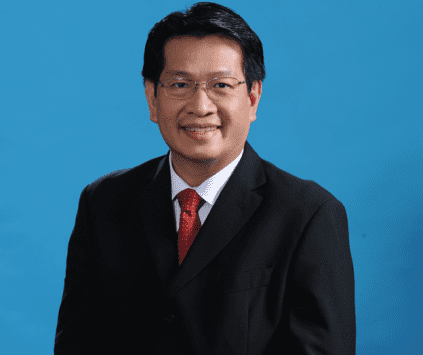
My article, “Identifying Pyramiding Scams”, has become the most popular entry in my blog www.josiahgo.com to-date. As network marketing or multi-level marketing (MLM) becomes more popular, so are the numbers of unscrupulous companies calling themselves ‘MLM’ increasing, when they are actually scams.
Some readers may be curious about binary plans that balance the number of recruits on your right and left sides, a scam that is masking as a legitimate MLM. To become legal, a binary plan must balance sales volume instead of the number of recruits. Others are interested to know about the 7-headers investment wherein a recruit is convinced to pay for seven business centers as they sign up with a company, an unregistered investment being peddled as a non-investment.
Koscot Interplanetary was sued by the U.S. Fair Trade Commission (FTC) in 1975. They were using cosmetics as a front for their selling positions in their company. FTC ruled that, among others, compensation received from selling positions unrelated to the sale of products to ultimate users is pyramiding. In a clarification of the Koscot Test, the Ninth Circuit Court of Appeals of the USA (in a pyramiding and fraudulent business case filed by a participant against Omnitrition) ruled in 1996, that selling to mere participants is not considered retail sales; hence, three (3) of the 8-point Pyramiding Test of the Direct Selling of the Philippines (DSAP) can be asked in this situation, to wit:
- Is there no direct correlation between the number of recruits and compensation?
- If recruitment were to be stopped today, will the participants still make money?
- Do products have fair market value?”
This test helps determine that retailing to ultimate users will occur. For instance, for fair market value, a pyramiding company will not be able to show evidence of volume from ultimate retail users. They can only show members buying at a discount for participating in the compensation plan.
An equally significant decision was when the Securities and Exchange Commission (SEC) sued W.J. Howey Company, a company selling land and service contracts in 1946. Reaching all the way to the U.S. Supreme Court, Justice Frank Murphy created the 4-point test for investment contracts, also known as the Howey Test, to wit:
- An investment of money due to
- an expectation of profits arising from
- a common enterprise
- which depends solely on the efforts of a promoter or third party.
A 2-in-1 training meeting of the DSAP with the Investigation and Prosecution Department of the SEC of the Philippines in the morning of July 9, 2014 actually confirmed SEC’s belief that 7-headers are indeed unregistered investments regardless if the company is involved in products or services.
One other case that the Department of Trade and Industry (DTI) under Undersecretary Vic Dimagiba can look into to effectively and promptly stop pyramiding in the Philippines is the case of Burnlounge, a music company that rewards recruiting participants much more than sales services. Burnlounge was branded a pyramiding company by the FTC in 2007 because of the focus on the rewards. A second important development is that FTC also sued Burnlounge’s top recruiters, not just the company, and were collectively ordered to pay back US$17 million.
In summary, key lessons about pyramiding include:
- A binary plan that balances recruits is pyramiding;
- A 7-header plan is considered an unregistered investment by the SEC;
- If reward is greater for recruiting than retailing, the intent is pyramiding;
- Both companies and top recruiters can be sued;
- Participants can sue if the company is suspected of pyramiding.
Stay vigilant!
The DTI and SEC can run after violators separately. As to who has the better and faster track record (DTI for pyramiding or SEC for unregistered investment) in protecting consumers against pyramiding and unregistered investments in the last few years, write to either DTI or SEC for updates!



3 thoughts on “Pyramiding & Unregistered Investment by Josiah Go”